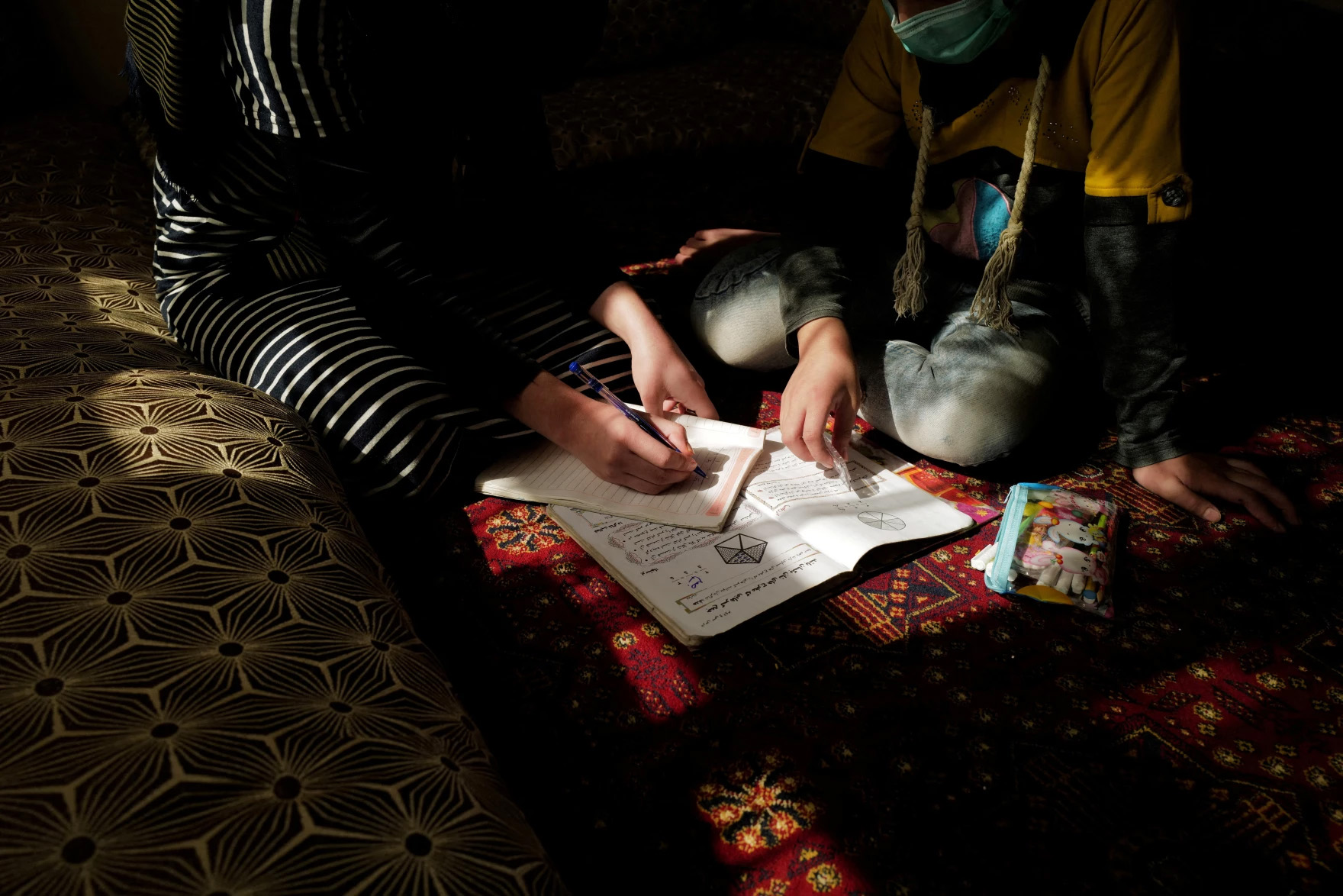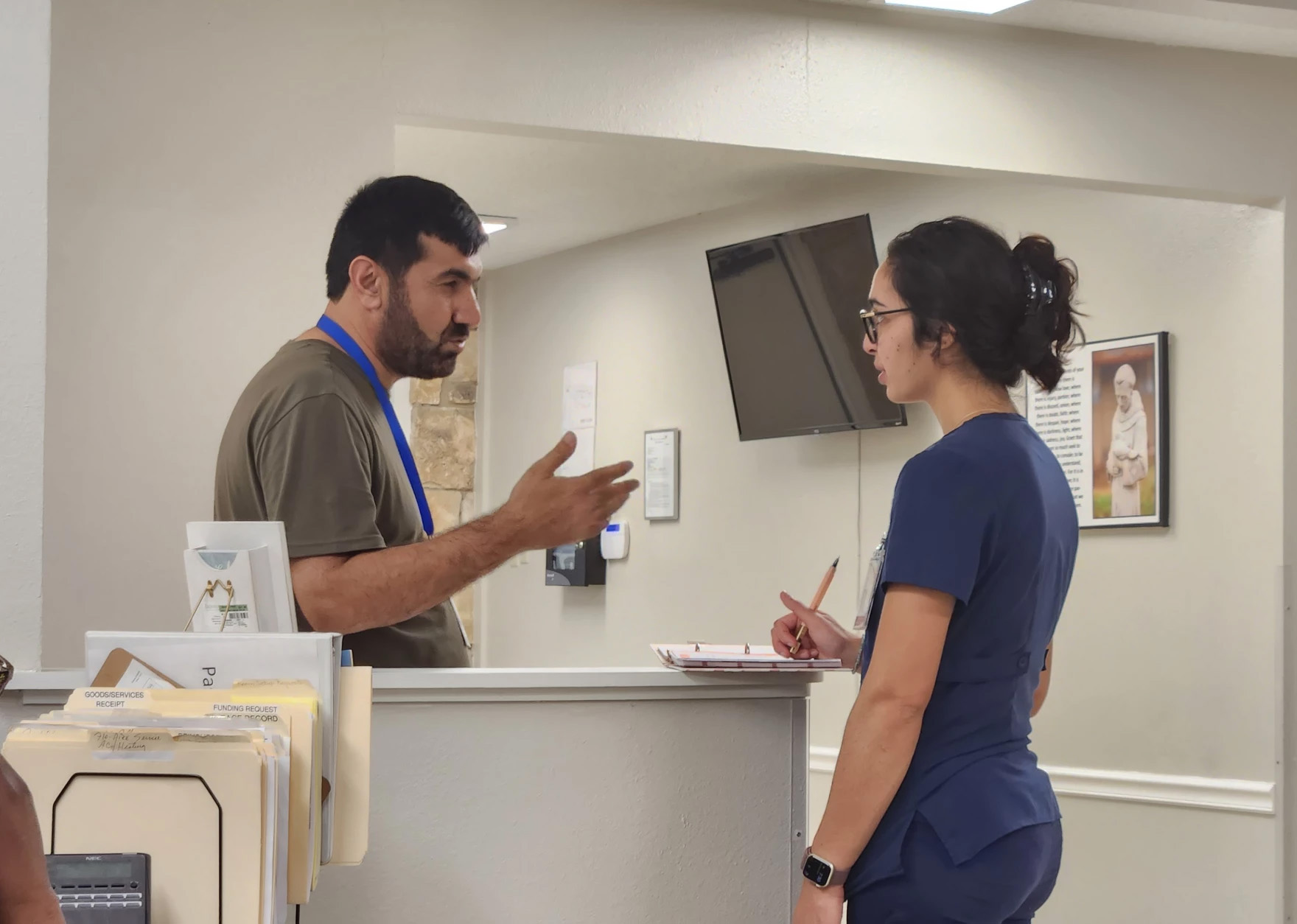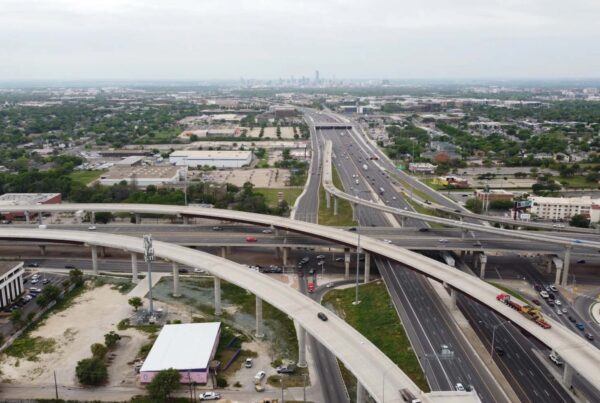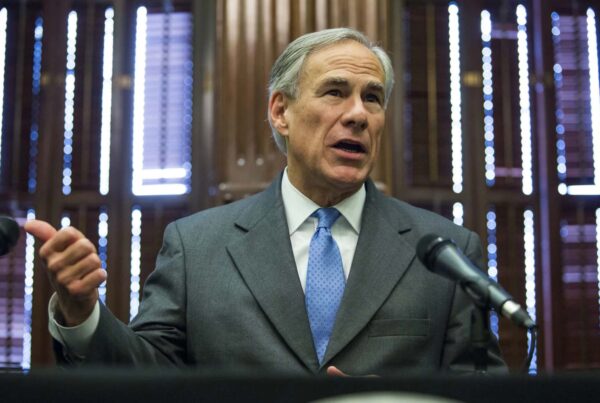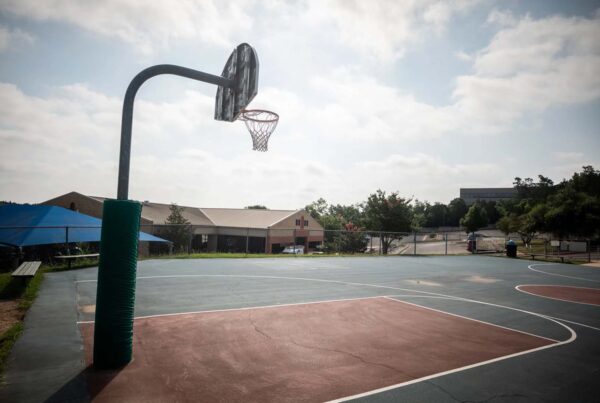From Texas Public Radio:
This story is part of a new TPR series Between Here and Home about how Afghans are navigating life in San Antonio after the war.
Chinar Sedeqi, his wife and his three children were among the around 80,000 Afghans who braved gunfire and explosions to get to the Kabul airport in August of 2021 and get out of a country that was no longer safe for them.
“When the government of Afghanistan collapsed, I heard that someone was searching for me. Then I left my home. And they [the U.S. government] contacted us to come to the airport because my family was in danger,” he said. “We heard a big sound explosion, and we heard that more than 200 people died in this area. And we were just in this place with my children, with my wife. You know, we all our whole family were there.”
They met an American soldier at the gate of the airport and were flown to Qatar to Washington D.C., to New Mexico, to San Antonio.
“So that’s one of the first real signs of trauma that we see in everybody, the collapse of their beloved country in a matter of days,” said Margaret Constantino, executive director of the Center for Refugee Services in San Antonio.
Constantino is also an expert in mental health who worked for many years as a counselor, and she says this population is vulnerable to post-traumatic stress disorder.
“They saw the explosion in the airport where all those people died during the evacuation. We hear stories from Afghans about how they had to hide because the Taliban were actively shooting people. So, I would bet that the incidents of PTSD are going to be much higher than 50%,”
Not everyone who had these experiences has or will develop PTSD, and PTSD is not a diagnosis that occurs on a specific timeline.
“PTSD manifests itself in many ways, frequently by depression, inability to sleep and ability to have your normal system functioning,” said Alexander Shepard, an attending doctor at the UT Health San Antonio Refugee Health Clinic. “There are negative symptoms and positive symptoms. The negative symptoms are you withdraw, the positive symptoms are you actively cry and so on. And so, we see a lot of that.”
The Refugee Clinic is student run, and offers basic primary care, but it also offers visits with a psychiatrist twice a month, where refugees can seek support and perhaps medication, if appropriate. The psychiatrist has a waiting list.
Sedeqi now works at the clinic. Back in Afghanistan, he was a doctor who directed a hospital and worked with the U.S. Army.


